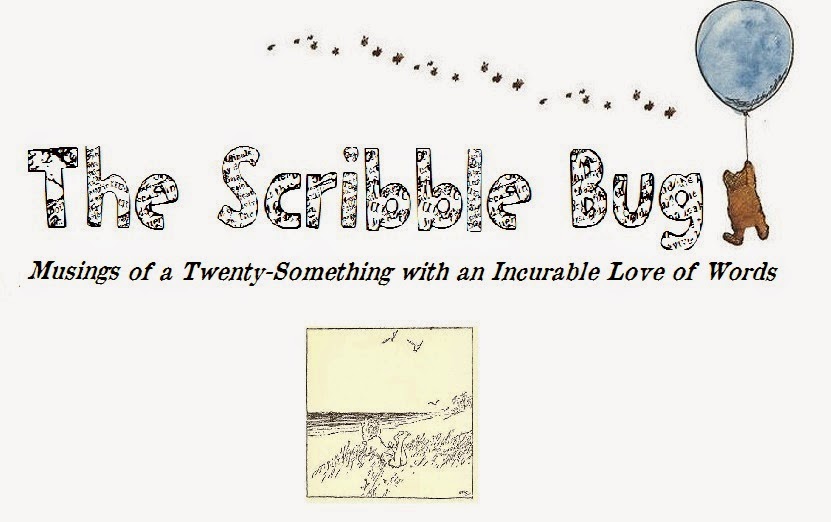I first wrote this for Allison & Busby's blog page - see link above - but I wanted to post it here as well because it so nicely ties into some of the books I've been reading lately.
Often considered a rather staid and sensible
prize compared to others of its ilk, the Man Booker Prize has a reputation as a
defender of British and Commonwealth writing. Different to its fellow literary
prizes, the criteria was simply that the novel be written in the English
language by a member of the Commonwealth of Nations.
Yet overshadowing this year’s shortlist is the latest news: that from 2014 America will be
competing against Commonwealth entrants.
The award has brought worldwide acclaim to
bookshelf names such as Margaret Atwood (The Blind Assassin 2000), Kazuo
Ishiguro (The Remains of the Day 1989), two-time winner Hilary Mantel (Wolf
Hall 2009 and Bring up the Bodies 2012) and even the divisive Salman Rushdie,
who was relatively unknown before his novel Midnight’s Children won the award
in 1981.
Thinking about it, therefore, it seems hardly a
surprise that this years Man Booker Prize has both controversy and scepticism
stalking alongside it.
Although quibbles
have arisen, such as the brevity of Colm Toibin’s one hundred and one paged
novel, The Testament of Mary, which seems to rankle Will Gompertz. The focus lies on how many authors, from Melvyn
Bragg to A.S. Byatt, feel that changing the rules of the Man Booker Prize, to
make it a ‘truly international award’ as planned, directly undermines the
writers it has historically supported.
Some, like A.S. Byatt fear that too many
entrants will overwhelm judges and mean that hundreds of manuscripts and entrants
will be passed over without due consideration; others believe that it’s a risk
worth taking, a commercially rooted decision that will benefit the prestige and
reception of the award and help them to compete against other international prizes.
However, the most pressing concern remains that the American market cannot helpbut to dominate the long and short list simply because of the quantity of their
entrants. This fear is only exacerbated by the shortlisted Lowlands by Jhumpa
Lahiri, accused of being an American novel rather than Bengali, and for some,
epitomising the way US literature will impugn the one-time bulwark of British
and Commonwealth writers.
So is
this the end of the Man Booker, as Guardian blogger, Philip Hensher, puts it?
Or is this a fresh start for the Prize who received incredible backlash when
Mantel’s sequel to Wolf Hall won last year? Should we be wary of who might be nominated next year? Or
should we be excited at the possibility of a wider intake? These are questions
to keep in mind as the announcement for the 2013 winner approaches and also
queries to think over when you next pluck a Man Booker long or shortlist from
the shelf.
Je serai poète et toi poésie,
SCRIBBLER




